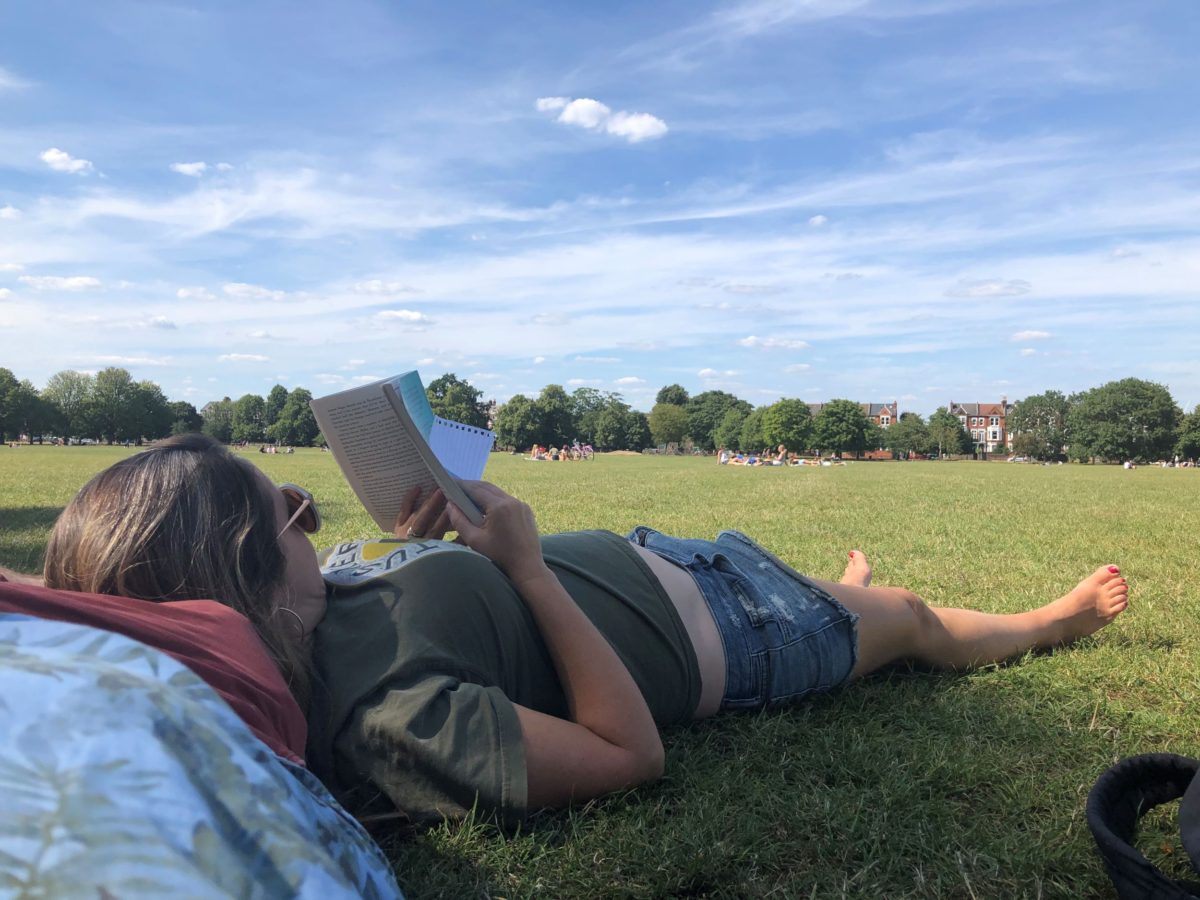For some reason, I always thought this was an epic poem, and avoided it accordingly. In fact, it is an account of the author’s childhood, which was packed with incident and heroism. Incident and heroism is good for epic poems, but not what you typically want in a childhood.
She spent much of her early life in a small town in Arkansas, in the 1930s. I do not need to say much more for you to get the general idea re: racism. But still, the specifics are surprising. Apparently, for example, the fact that her grandmother was sometimes referred to as ‘Mrs’ was regarded as a rare mark of great respect, accorded to her because she ran the general store.
Later Angelou and her brother go to live with her mother, and there she is, as an eight year old, raped by her mother’s boyfriend (that usual suspect). It is a stomach-churningly terrible scene. She is so hurt she has to go to hospital, but she won’t tell what happened because he threatens to kill her brother if she does. Her brother reassures here that he can take ‘anyone,’ and so much does she admire him (despite the fact he is just eleven himself) that she believes him and so tells the name of her attacker. He is sentenced to a whole year in jail. Not to worry, as her family has him murdered the day he gets out.
She moves in with her father for a while, but after being stabbed by her father’s girlfriend (after a very strange trip to Mexico) she runs away, and lives for a month with a group of homeless kids in a junk yard.
After a month my thinking processes had so changed that I was hardly recognizable to myself. The unquestioning acceptance by my peers had dislodged the familiar insecurity. Odd that the homeless children. . . could initiate me into the brotherhood of man. After hunting down unbroken bottles and selling them with a white girl from Missouri, a Mexican girl from Los Angeles and a Black girl from Oklahoma, I was never again to see myself so solidly outside the pale of the human race.
This bizarre translation of her time at the dump into a lesson in brotherhood is emblematic of the book as a whole. The summary here might make it sound like her life, and thus the book, was bleak and tough, but that is not at all how her it feels: it is fun, and loving, and hopeful, like there’s always a way out.
In her late teens she becomes worried she is a haemaphrodite (don’t ask). She approaches a popular boy, and asks the immortal words:
Would you like to have a sexual intercourse with me?
Apparently he would like that, and poor Angelous gets pregnant that day. This is where the book ends, but given what I know about her, I have no doubt that she will transform getting pregnant in high school into something wonderful. This lady is a boss. It’s a high bar, in life and in literature.
Side point, interesting overview of how she wrote:
She would get up at five in the morning and check into a hotel room, where the staff were instructed to remove any pictures from the walls. She wrote on yellow legal pads while lying on the bed, with a bottle of sherry, a deck of cards to play solitaire, Roget’s Thesaurus, and the Bible, and left by the early afternoon. She averaged 10–12 pages of material a day, which she edited down to three or four pages in the evening.
Wikipeda
Sherry! Like I said, she’s a boss. She was encouraged to write the book by James Baldwin (who reverse-psychologied her by saying no autobiography could be art) and the first person she showed a draft to was Jessica Mitford, sister of the famous Nazis. This is some six degrees of separation

